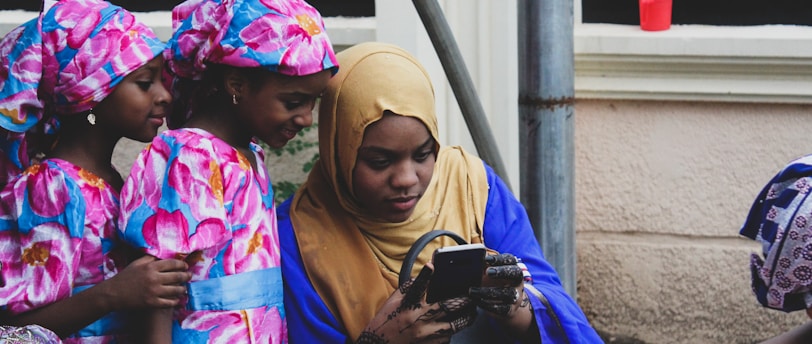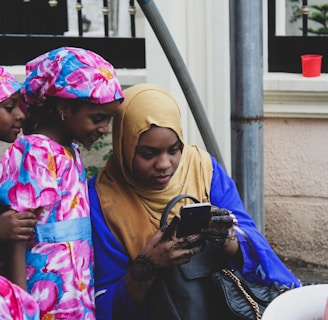African Naming Systems
Many people in Africa have several names - for example a name from their ethnic group, a Christian or Muslim name, as well as a name depending on the day, or time of day they were born. Traditional African names are influenced by various factors, including events surrounding birth, celebrity culture, order of birth, day-born names, faith-based names, day and night, and meeting ancestors. Events surrounding birth can influence the names, often as complete sentences. Emotional warnings can also be used as names, reflecting the family's mood or circumstances at the time of birth. Celebrity culture, such as the Luos in Kenya, has seen many mothers adopting famous names like Obama, Churchill, and Clinton.
AFRICAN HISTORY
deangichukie
11/28/20231 min read


Many people in Africa have several names - for example a name from their ethnic group, a Christian or Muslim name, as well as a name depending on the day, or time of day they were born. Traditional African names are influenced by various factors, including events surrounding birth, celebrity culture, order of birth, day-born names, faith-based names, day and night, and meeting ancestors. Events surrounding birth can influence the names, often as complete sentences. Emotional warnings can also be used as names, reflecting the family's mood or circumstances at the time of birth. Celebrity culture, such as the Luos in Kenya, has seen many mothers adopting famous names like Obama, Churchill, and Clinton.
Order of birth is another important factor in African cultures, as names can reveal the eldest or youngest of siblings. For example, Ugandans call their elder twins Kakuru or Wasswa, while Kalenjins in Kenya refer to the first born as Yator and the last born Towett. Yorubas call the first twin Taiwo and the second Kehinde, while in Ghana, Panyin and Kakra mean older and younger.
Day-born names are automatically assigned based on the day the child is born, and some Ghanaian ethnic groups have day names based on the day of the week. Faith-based names often express religious beliefs through names, with some local names having religious links.
Day and night names are selected depending on the time of the day or season a child is born. Respected elders of the family continue to live on through their grandchildren, and casually shouting or calling out the name of a senior family member is considered disrespectful.
Whilst these reasons are region specific some of the naming systems can be found in various parts of the continent. They share some similar meaning and/or reasoning behind the name. It can be concluded that we’re more similar than we are different.
